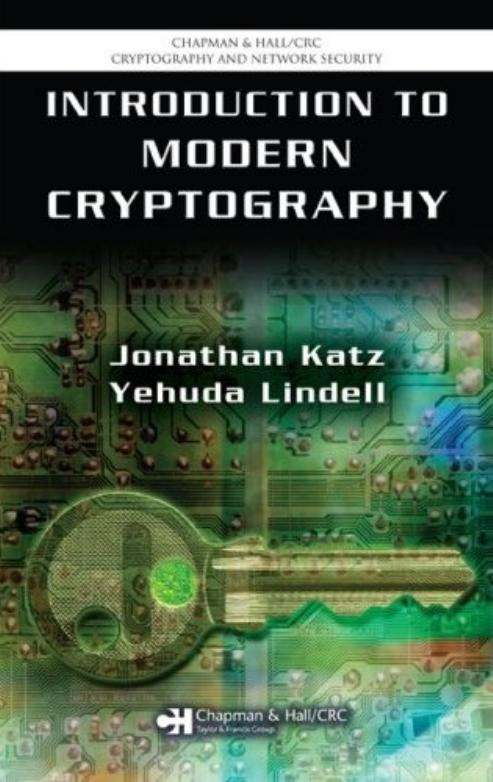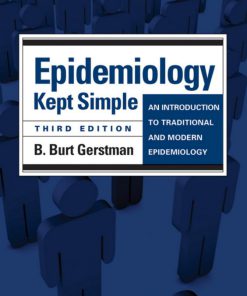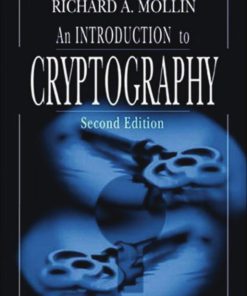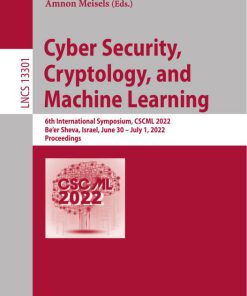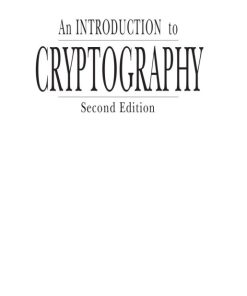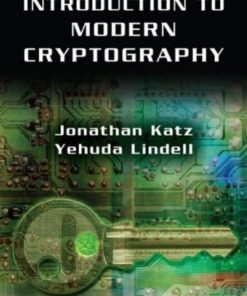Introduction to Modern Cryptography 2nd edition by Jonathan Katz, Yehuda Lindell ISBN 1466570261 978-1466570269
Original price was: $50.00.$25.00Current price is: $25.00.
Authors:Jonathan Katz; Yehuda Lindell , Series:Cyber Security [67] , Tags:Computers; Operating Systems; General; Security; Cryptography; Mathematics; Combinatorics; Logic; Technology & Engineering; Automation , Author sort:Katz, Jonathan & Lindell, Yehuda , Ids:Google; 9781466570269 , Languages:Languages:eng , Published:Published:Nov 2014 , Publisher:CRC Press , Comments:Comments:Cryptography is ubiquitous and plays a key role in ensuring data secrecy and integrity as well as in securing computer systems more broadly. Introduction to Modern Cryptography provides a rigorous yet accessible treatment of this fascinating subject. The authors introduce the core principles of modern cryptography, with an emphasis on formal definitions, clear assumptions, and rigorous proofs of security. The book begins by focusing on private-key cryptography, including an extensive treatment of private-key encryption, message authentication codes, and hash functions. The authors also present design principles for widely used stream ciphers and block ciphers including RC4, DES, and AES, plus provide provable constructions of stream ciphers and block ciphers from lower-level primitives. The second half of the book covers public-key cryptography, beginning with a self-contained introduction to the number theory needed to understand the RSA, Diffie-Hellman, and El Gamal cryptosystems (and others), followed by a thorough treatment of several standardized public-key encryption and digital signature schemes. Integrating a more practical perspective without sacrificing rigor, this widely anticipated Second Edition offers improved treatment of: Stream ciphers and block ciphers, including modes of operation and design principles Authenticated encryption and secure communication sessions Hash functions, including hash-function applications and design principles Attacks on poorly implemented cryptography, including attacks on chained-CBC encryption, padding-oracle attacks, and timing attacks The random-oracle model and its application to several standardized, widely used public-key encryption and signature schemes Elliptic-curve cryptography and associated standards such as DSA/ECDSA and DHIES/ECIES Containing updated exercises and worked examples, Introduction to Modern Cryptography, Second Edition can serve as a textbook for undergraduate- or graduate-level courses in cryptography, a valuable reference for researchers and practitioners, or a general introduction suitable for self-study.

